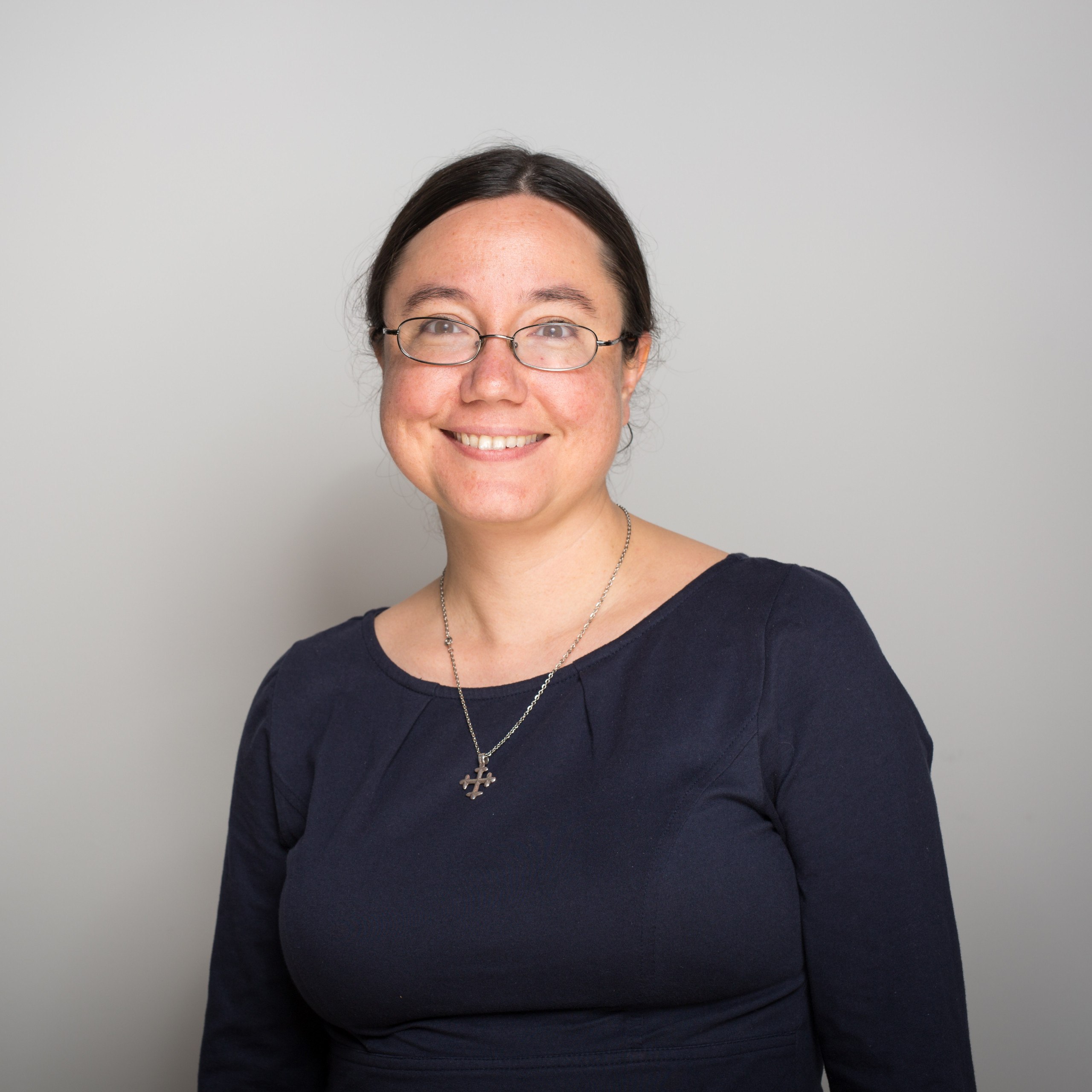Elizabeth Lynn Anderson
Biography Narrative
Dr. Elizabeth (Liza) Lynn Anderson is an assistant professor of theology and religious studies at the College of St. Scholastica in Duluth, MN, where she teaches church history, ascetical theology and interreligious dialogue. She graduated from Swarthmore College with the highest honors in 2005 with a Bachelor of Arts in religion and peace studies and earned a master’s degree from Trinity College Dublin in ecumenical studies in 2006 as a Mitchell Scholar. She graduated from Harvard Divinity School in 2010, and completed her PhD in religious studies at Yale University in 2016. Liza’s research focuses primarily on the languages, literatures and histories of Middle Eastern Christianity and on Muslim-Christian dialogue. She has taught at seminaries in the United States, Ukraine, and Iraq, and has also studied Arabic and Islamic theology in Yemen, Morocco and Egypt. Liza is an active member of the Episcopal Church, where she has served in a variety of roles, including the Standing Commission on Liturgy and Music, the General Board of Examining Chaplains, the Liberian Covenant Committee, and on the churchwide Executive Council. She is the Vice President of the North American Academy of Ecumenists and has been an active member of Religions for Peace USA, the North American Interfaith Network, and Christian Churches Together in the USA. Her work for dialogue and reconciliation is inspired by 2 Corinthians 5:18, which says, “all this is from God, who reconciled us to himself through Christ, and has given us the ministry of reconciliation.”
Interreligious Activities and Initiatives
Christian Theology and Interreligious Encounter

